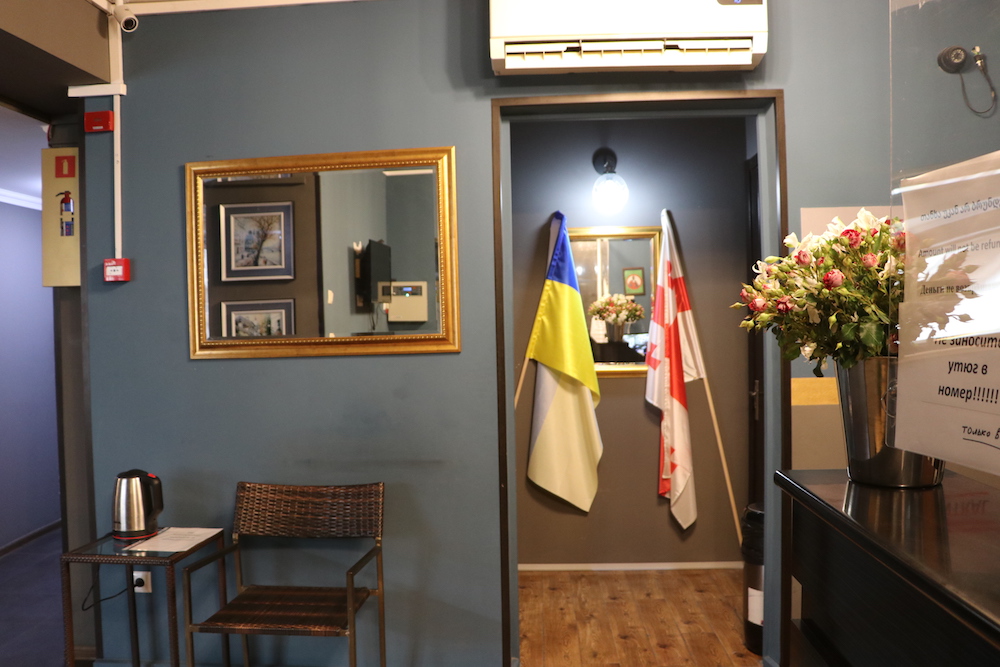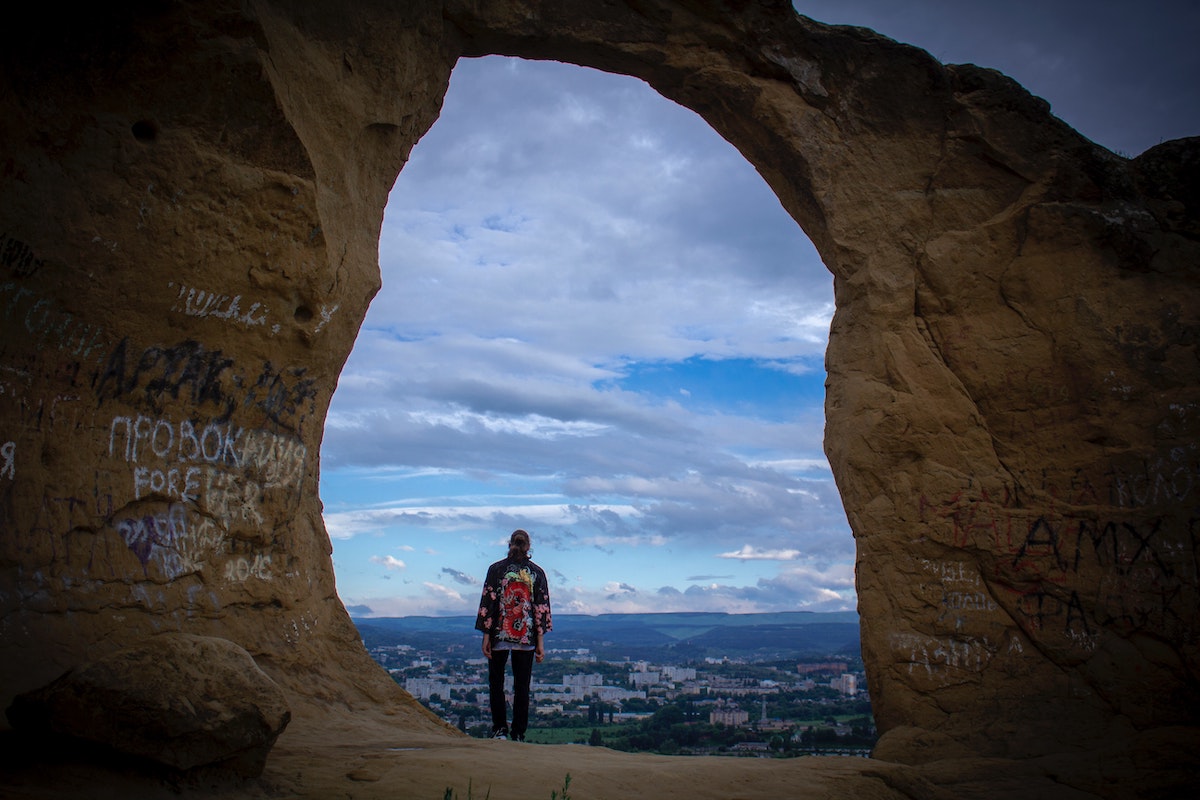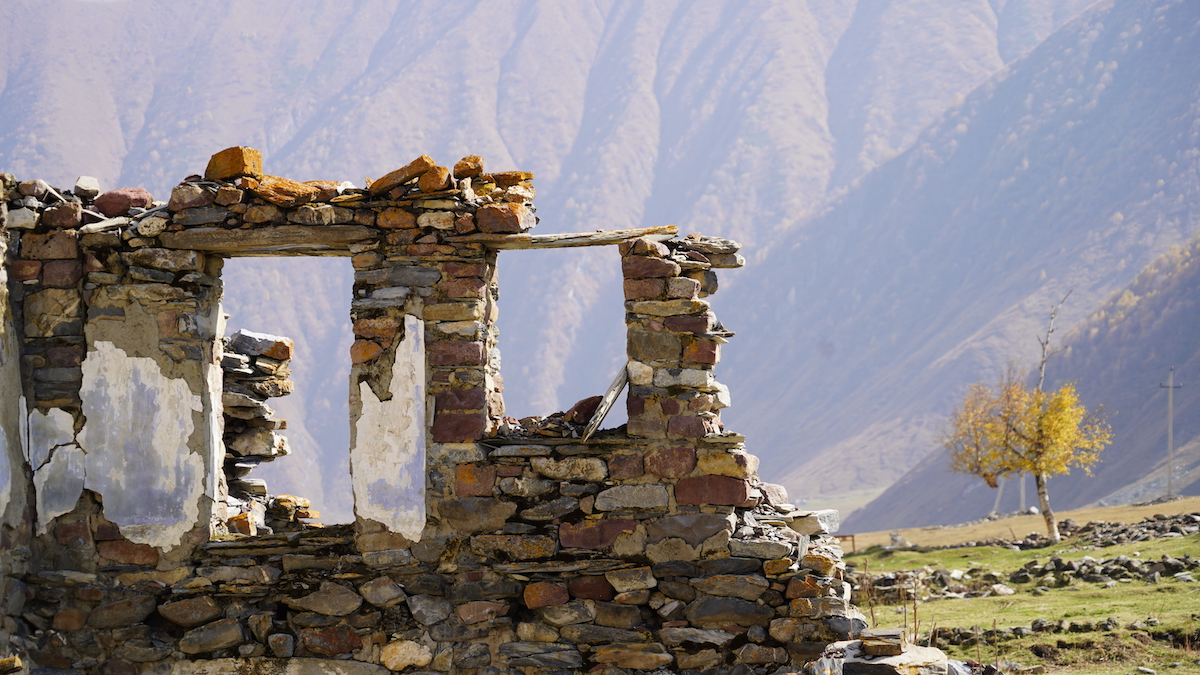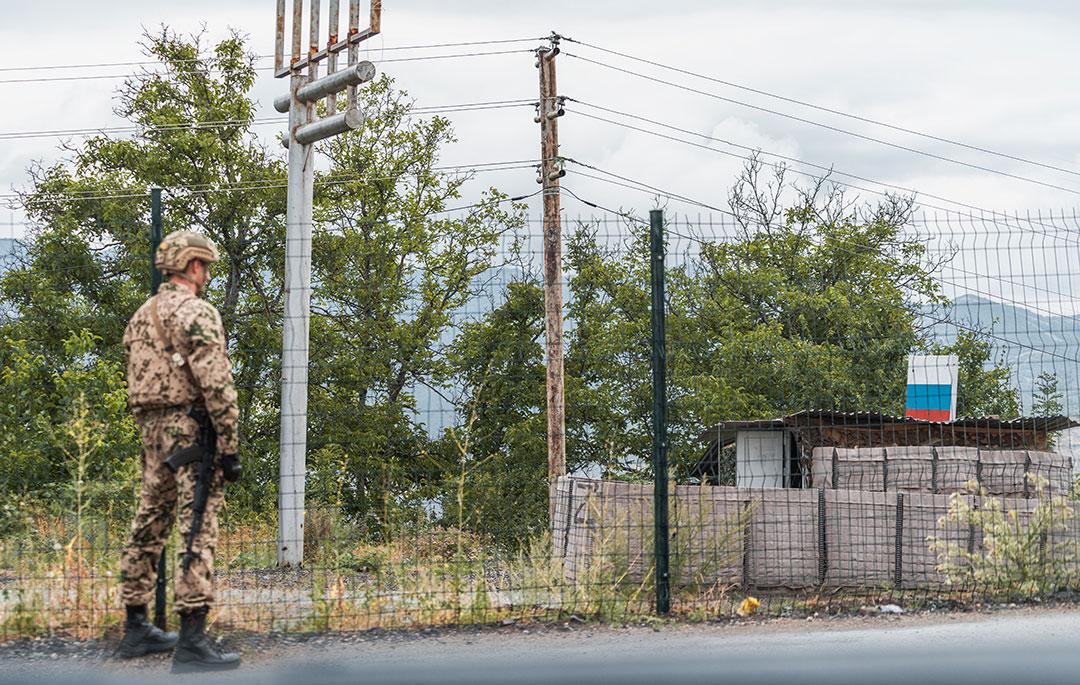The war in Ukraine one year on, what is has changed in Georgia
The war in Ukraine
Exactly one year has passed since Russia started the war in Ukraine. The war and the tireless struggle of Ukrainians for their homeland have radically changed the global political agenda. The civilized world is on the side of Ukraine — the country is being helped by military equipment largely from America, millions of refugees have been taken in, American and European officials are arriving in Kiev one after another, including the President of the United States, and the speeches of the President of Ukraine meet with constant ovations.
The West continues to impose various kinds of sanctions on Russia and demand for Russian oil and gas is at a minimum. Russia itself is a global pariah state. Russian athletes no longer participate in prestigious international competitions, nor can Russian citizens move freely within the Schengen area.
The war has brought very important changes to Georgia as well. At the request of JAMnews, experts from various fields summarize what the past year was like for Georgia — from February 24, 2022 to February 24, 2023.
Foreign policy
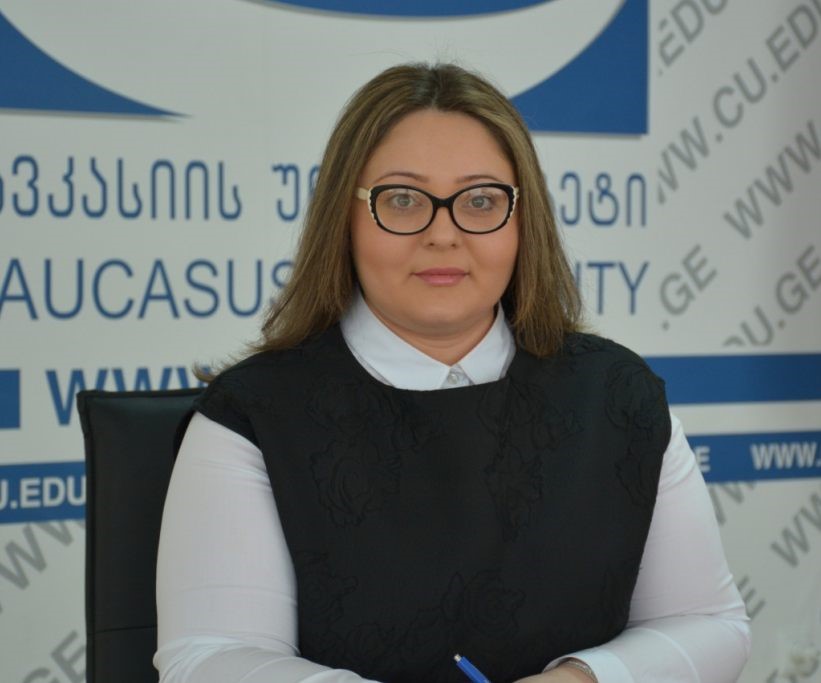
Eka Akobia, international relations expert:
What has happened over the past year in Georgia’s foreign policy can be called “the mask falling.” The government’s apparent pro-Russian orientation, which until now only experts have talked about, has clearly manifested itself and become visible to everyone.
With anti-Western statements by the government of the Georgian Dream party, its stance on Russian sanctions, unfounded calls for peace, and collusion with Ukrainian high-ranking officials, Georgia has moved to a completely different level. Today we are not in the club of the international community where Russia’s actions in Ukraine are perceived unambiguously. On the contrary, with our rhetoric we deserve more praise from Russia than from our Western partners.
The only thing Georgia is doing is participating in multilateral formats, but this is not enough. The government’s statements say more about the country’s position than the participation of diplomats in the voting.
Unfortunately, we missed every opportunity in terms of foreign policy, because we chose a fence-sitting strategy, a policy of duplicity and sitting in the bushes.
Domestic politics
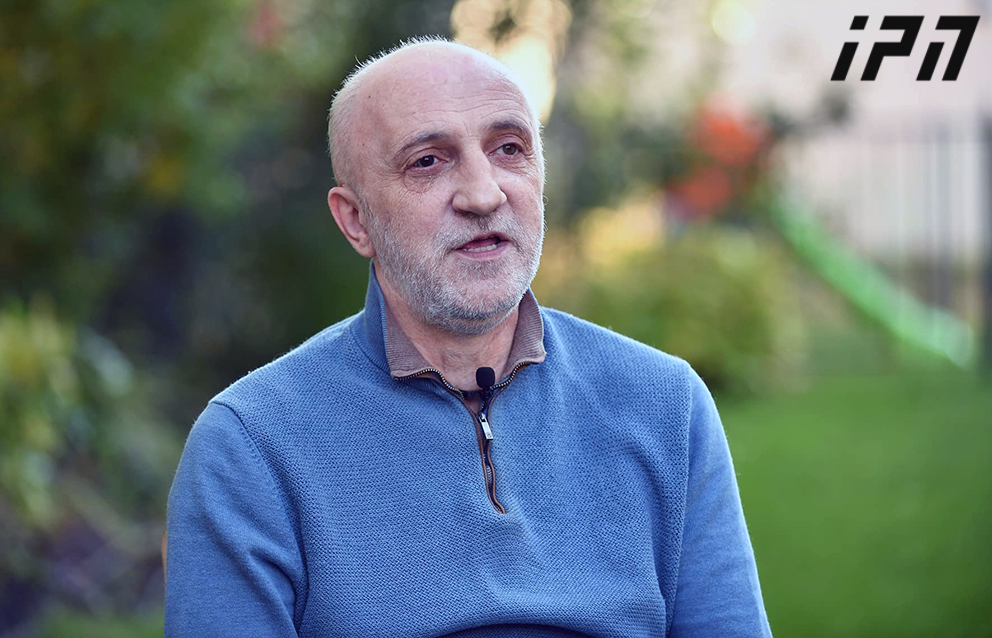
Gia Khukhashvili, political scientist:
Much has changed in the domestic policy of the country this year, and, unfortunately for us, for the worse.
It seems that our government made a wrong, I would say stupid forecast regarding this war from the very beginning – that Russia would quickly win the war. Accordingly, preparations began for capitulation or something like the signing of the Treaty of St. George – 2 [meaning the treaty of 1783 on the transfer of the united East Georgian kingdom of Kartli-Kakheti under the protectorate of the Russian Empire].
Knowing the imperialist intentions of Russia, the authorities thought that after the victory in Ukraine our turn would come. Georgian Dream raised the white flag in advance.
- “Ukraine is repsonsible for the war it is losing” – who spreads pro-Russian propaganda in Georgia
- Op-ed: Who is speculating on the fear of war in Georgia and why?
Both our domestic and foreign policies are deteriorating. In addition, there were demographic threats, an influx of money of unknown origin in the country, and so on [mass migration of Russians after the announcement of mobilization in Russia]. This whole year has been a complete failure.
Added to this is the situation with the opposition — it is ailing. It focused only on Mikheil Saakashvili and completely distanced itself from the people. So there is no alternative. People may not like the government, but they have no choice.
The government has successfully developed a narrative based on the fear of war and has been scaring people with war all year. When a person has nothing, no freedom, no prosperity, when he is poor, it is easiest to offer him peace and stability. For our society, this is a basic requirement. The government calculated this very well and took advantage of it perfectly.
Territorial conflicts
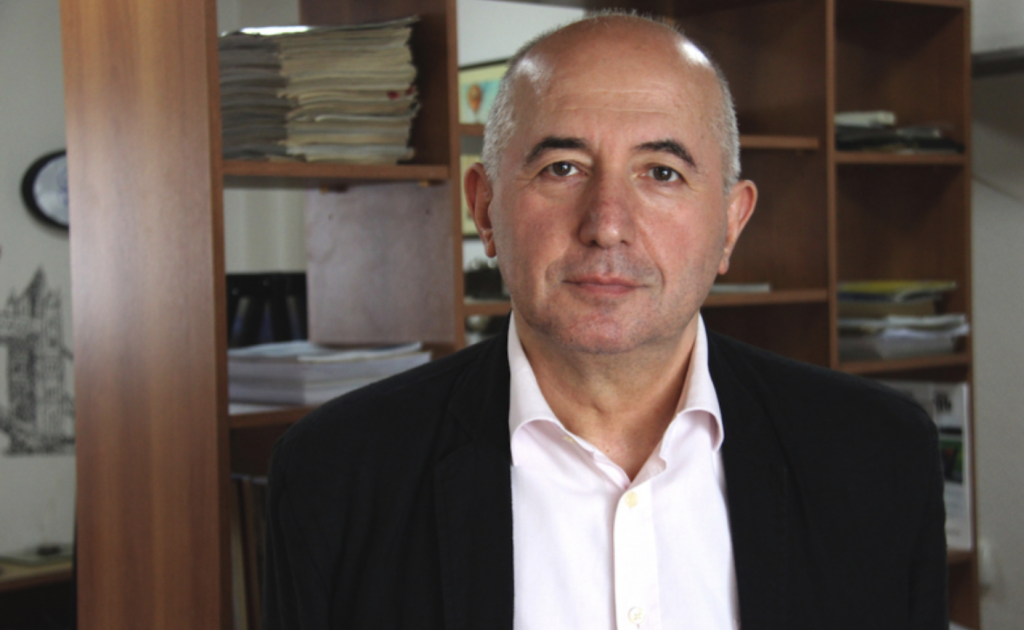
Paata Zakareishvili, conflictologist:
The most important thing that has changed is that Russia’s influence in the Caucasus is weakening. This began during the second Karabakh war, namely in the fall of 2020, when Turkey supported Azerbaijan and managed to motivate it to attack Karabakh. Turkey returned to the Caucasus after 100 years. Turkey has become a player, and Russia is responsible for this. All this affects Georgia. Georgia needs to see how weak Russia is in the Caucasus.
Obviously, if Russia fails to achieve its goals in Ukraine, the West will demand that Russia reconsider its imperial policy and withdraw Russian troops from the illegally occupied territories.
Abkhazians and Ossetians see this. They understand that it is possible that Russia will have to withdraw its troops from the Donbass and Crimea, as well as from Abkhazia and Tskhinvali. Because the whole West, when it mentions Ukraine, also mentions Georgia.
One year since the beginning of the war in Ukraine
What should Georgia do given all this?
First. The Georgian government must always and everywhere say that Russia must withdraw its troops in accordance with the document it signed. The Russians signed this agreement in August 2008 but did not withdraw their troops. And this demand will not aggravate relations with Russia, because the agreement works in the format of Geneva talks, on its basis there is an EU monitoring mission and such formats as meetings in Ergneti or Gali work. This is a specific document that is not implemented by Russia.
Second. The withdrawal of Russian troops will alarm the Abkhazians and Ossetians, so Georgia must convince the EU monitoring mission to stay in these territories with new legitimacy. We will be happy to sign such a document, according to which the EU monitoring mission would stand on the dividing line and control that the Abkhazians and Ossetians have security guarantees from Georgia.
Third. Georgia should start negotiations with the Abkhazians and Ossetians on the signing of a document on the non-use of force. They have been asking for this for a long time. So far, the Georgian government has refused to do this because the Russian army is stationed there. However, if it comes to the withdrawal of Russian troops, Georgia may, on its own initiative, withdraw the signing of this document.
And fourth. As Turkey, a country in the Black Sea basin and a member of NATO, is gaining strength in the region, let’s involve it in resolving our conflicts. Turkey should become one of the leading actors, a strong regional player that many people trust – Azerbaijan as an ally; Georgia as a member of NATO and a lobbyist for Georgia’s accession to NATO. As a result, Ukraine will also trust her. Turkey balances the Russian imperialist policy. So why can’t we involve Turkey in resolving our conflicts?
These are the four steps that the Georgian government could take, but it does not, because it basically sides with Moscow.
Country security
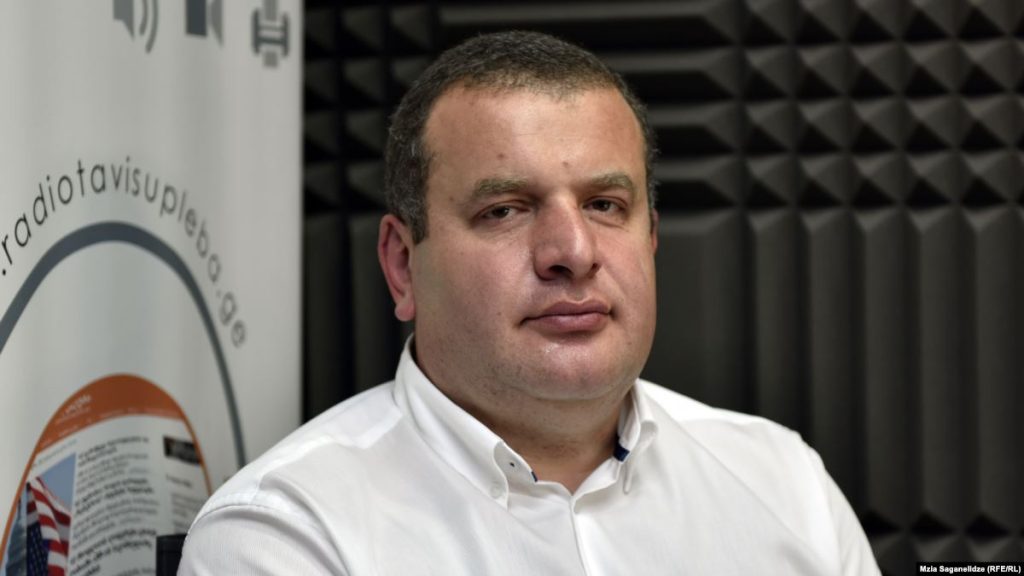
Shota Utiashvili, Senior Research Fellow, Rondeli Foundation:
Now the threat of a weakened Russia attacking us is less than at any time before this war.
The war is not over, but it is already clear that Russia no longer has offensive potential. Everyone was talking about a massive Russian offensive that was supposed to start in February. In February, because we need to be in time before Ukraine receives military assistance, which is expected in early spring. And although there was already mobilization in Russia, we still do not see any progress. The Russian army no longer has equipment. Even the intermediate goal of occupying the “new territories” of Ukraine will not be achieved. Russia’s defeat is inevitable.
This radically changes the geopolitical position of Georgia in two ways. First, Georgia has a chance to use this time to join NATO and the European Union, which the Baltic countries did in the early 1990s. This is a historic opportunity, and again it may not present itself. And secondly, we have a chance to change the balance of power in relation to our own occupied territories.
However, at the same time, we must not forget that we live in a region where every neighbor is at war. In this situation, the security issues of the country become very relevant. All countries have revised their defense spending, not to mention Germany, which completely changed its policy after the end of the Cold War. We also had an opportunity in this regard, which we missed.
What I mean is that our weapons are entirely Soviet or post-Soviet: tanks, planes, helicopters, armored vehicles, etc. When we bought these weapons, we knew that Russia would not sell us the necessary parts for this equipment, but we hoped Eastern European countries would help out. Today, however, Eastern Europe no longer has any of it. Everything was given to Ukraine. Now, if something happens and we need spare parts for our equipment, Eastern Europe will no longer be able to help us.
Georgia had to do what the other countries of the Eastern Partnership did, namely transfer these weapons to Ukraine, replace them with Western ones, and slowly begin to bring their army to NATO standards. We did not, and this significantly reduced our defensive capabilities.
Our only defense today is the Ukrainian soldier. If something happens tomorrow, we will not have help, we will not have weapons, we will be all alone, we will become easy prey.
Economy
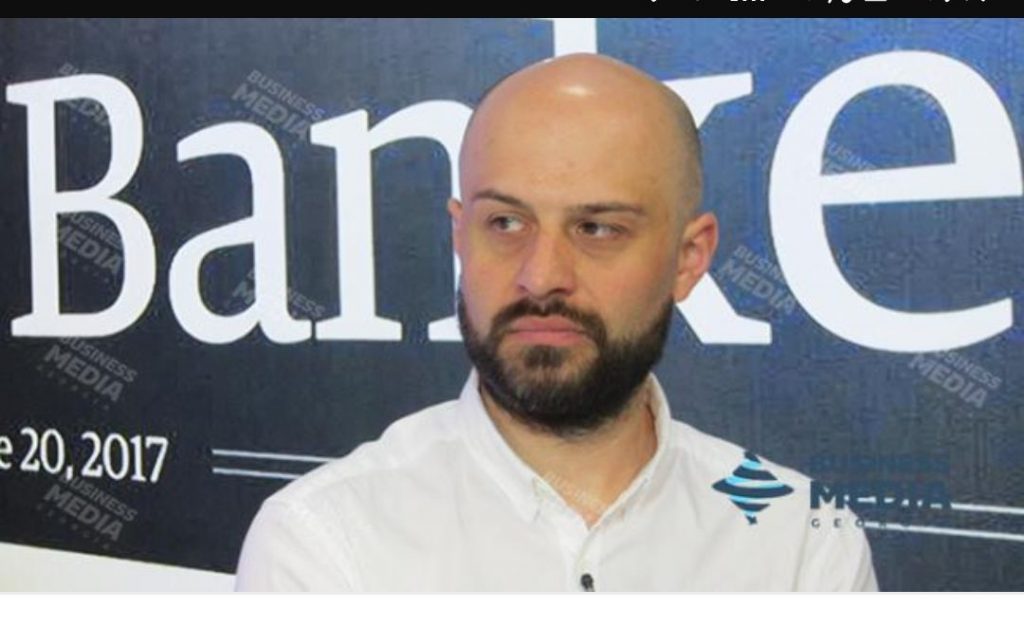
Beso Namchavadze, Senior Analyst, Transparency International Georgia:
The war in Ukraine had a somewhat paradoxical effect on the Georgian economy. At first, everyone expected that this war would hit the Georgian economy, and in March-April we lowered our forecast for economic growth. But the opposite happened. A six percent growth was planned, but we reached ten percent.
This happened for several reasons.
First and foremost, Russian immigrants. At least one hundred thousand people remained in Georgia, they brought money, opened businesses, worked, signed contracts here. And besides, these people are sent from Russia about 300 million rubles [about $4 million] a month. Last year, the amount transferred from Russia alone was more than two billion dollars.
The second reason for economic growth was trade. Imports from Russia have increased, exports have increased slightly, and transit has also increased — the role of Georgia as a transit country has grown.
Georgia’s exports to other countries have increased by about thirty percent. Tourism has also increased and not only from Russia. All this led to growth. If we specifically single out the share of Russia, then the Russian emigrants who came to Georgia had the greatest influence. At the end of the year, they had 3 billion lari [about $1.1 billion] in Georgian bank accounts.
- Most Russian companies registered in Georgia after February
- “If they close the border, there will be only one way left – war.” Stories of refugees from Russia
- Georgia’s largest trading partners China, Turkey and Russia – Geostat
However, it is very important to understand that this growth is not sustainable.
The government doesn’t say it out loud, but admits it unconditionally. The economic growth forecast for 2023 is five percent, or half of last year. This shows that the government understands this.
The Georgian government does not have a sound economic policy. Their message that increased interaction with Russia is good would be correct if Russia were not our enemy and the country that started the war.
The experience of recent years shows that Russia will one day use this increased economic dependence as a political lever. If we are happy that a lot of wine has been sold to Russia and many tourists have come from there, one day we will be given an ultimatum and asked, for example, to refuse to join NATO.
In fact, we must do everything possible to reduce our economic dependence on Russia. Whether it is the diversification of markets or the correct redistribution of expenditures from the budget. Because the day is coming and we have to choose whether we want economic growth or integration with the West, no matter how high the price has to be paid.










